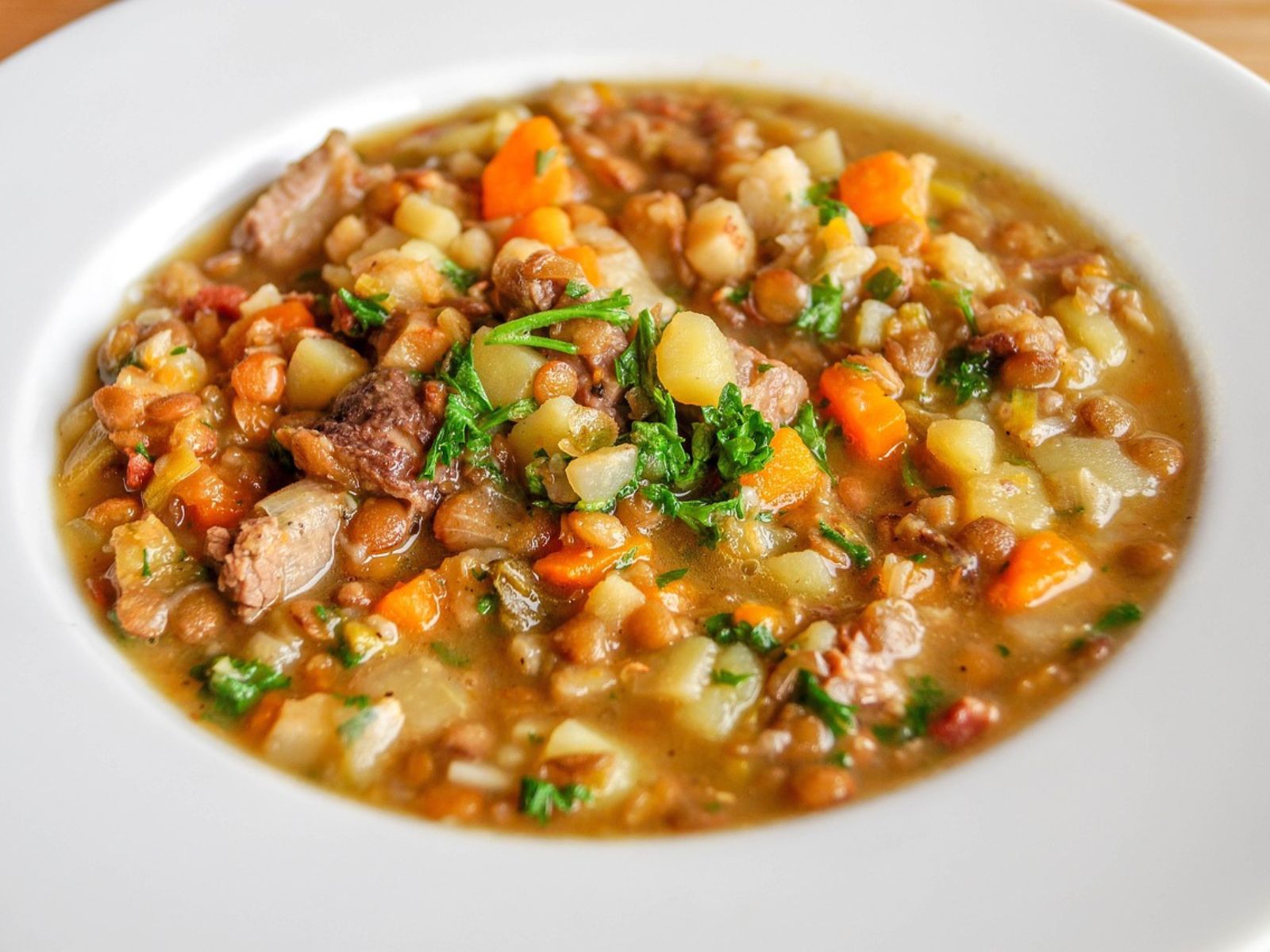Peer-reviewed research suggests that a specific type of carbohydrate may support weight loss and improve insulin resistance. That carbohydrate is resistant starch.
“Resistant starch is a carbohydrate that resist digestion in the small intestine and ferments in the large intestine. As the fibers ferment they act as a prebiotic and feed the good bacteria in the gut.” states Johns Hopkins University.
Below are examples of food items that are rich in resistant starch:
- Plantains and green bananas (as a banana turns yellow, the starch changes to a ‘regular starch’)
- Beans, peas, and lentils
- Whole grains, such as oats and barley
- Cooked and cooled rice
A team of researchers affiliated with several health and academic institutions in China and Germany conducted a controlled clinical trial in March 2024 focusing on resistant starch and its potential to facilitate weight loss. The findings of the trial were published in the academic journal Nature Metabolism.
“In a randomized placebo-controlled crossover design trial (ChiCTR-TTRCC-13003333) in 37 participants with overweight or obesity, we test whether resistant starch (RS) as a dietary supplement influences obesity-related outcomes.” the researchers stated about their methodology.
“Here, we show that RS supplementation for 8 weeks can help to achieve weight loss (mean -2.8 kg) and improve insulin resistance in individuals with excess body weight. The benefits of RS are associated with changes in gut microbiota composition.” the researchers wrote about their findings.
“Mechanistically, the RS-induced changes in the gut microbiota alter the bile acid profile, reduce inflammation by restoring the intestinal barrier and inhibit lipid absorption. We demonstrate that RS can facilitate weight loss at least partially through B. adolescentis and that the gut microbiota is essential for the action of RS.” the researchers concluded.
If you are struggling to lose weight, you may consider incorporating foods rich in resistant starch into your diet.
***
Disclaimer: The contents of this article and this website are not meant to substitute for the professional advice of a doctor, nutritionist, and/or certified personal trainer. This content is provided as an educational tool to help people on their fitness journeys. While we strive to research topics as much as possible and provide useful and accurate information to the best of our abilities, we also strongly recommend talking to your doctor, nutritionist, and/or certified personal trainer before starting any workout, therapeutic, or nutritional regimen, as each individual’s needs and situations vary depending on the person.

